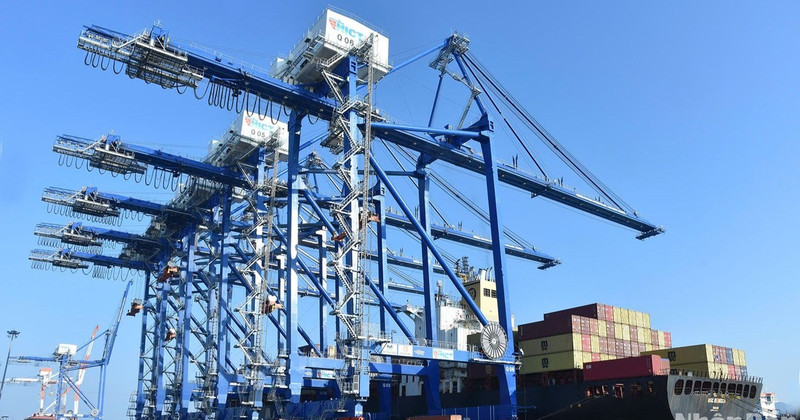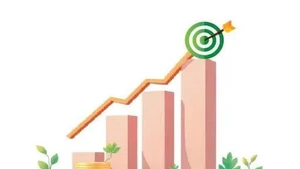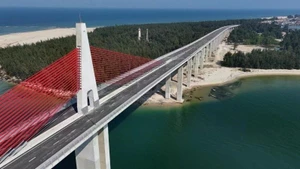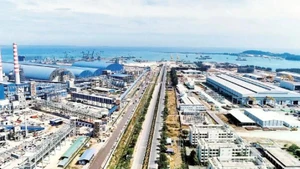Economic diplomacy has actively supported networking, promotion, trade facilitation, and the removal of barriers while exploring new directions and expanding markets for industries, sectors, localities, and businesses. Vietnam has maximised the advantages of 16 free trade agreements (FTAs) signed with 60 partners, advanced negotiations to upgrade existing FTAs, and accelerated talks with new partners. It has also actively provided advice, promoted investment, and attracted resources to develop new and breakthrough industries.
One of Vietnam’s most notable achievements in economic diplomacy is the continued growth in export-import activities in 2024. By November 15, the country’s total export-import value had reached USD 681.48 billion, up 15.7% compared to the same period in 2023. Exports alone amounted to 352.38 billion USD, a year-on-year increase of 14.8%. Moreover, through diplomatic efforts, Vietnam has actively mobilised foreign direct investment (FDI) from leading global partners. As a result, cumulative FDI has grown from 1.6 million USD in 1986 to over 491 billion USD today.
These are highly significant outcomes, affirming the effectiveness and progress in Vietnam's foreign affairs in general and economic diplomacy in particular. However, alongside these achievements, it is necessary to frankly acknowledge that economic diplomacy has at times revealed certain shortcomings and limitations. Policy responses have occasionally been slow, and at times lacked sensitivity, innovation, and proactiveness.
Economic cooperation with some strategic regions remains disproportionate to the framework of established relations. The handling and resolution of obstacles in certain projects have not been sufficiently decisive nor thorough.
Efforts to tap into potential markets have yet to yield many groundbreaking or specific results. The promotion of the country's image and support for economic diplomacy initiatives remain below their full potential.
The capacity of personnel involved in economic diplomacy has remained limited, with deficiencies in experience and necessary skills, particularly in foreign language proficiency and knowledge of international economic law in areas such as negotiation, advocacy, and lobbying. Meanwhile, many Vietnamese representative offices abroad have not effectively fulfilled their role in coordinating and supporting domestic agencies and enterprises in promptly addressing international economic disputes.
To take a more proactive approach to international economic integration, ministries, sectors, localities, and businesses need to swiftly overcome certain limitations in the coming period. This includes further concretising and institutionalising Vietnam's foreign policy with focused priorities, closely aligning with global trends and practical realities to address challenges, overcome obstacles, and effectively accomplish assigned tasks. Priority should also be given to leveraging high-level diplomatic activities to promote substantive economic cooperation agreements and creating breakthroughs in economic relations with partners.
Moreover, it is essential to enhance coordination effectiveness, fostering solidarity and unity across the entire political system in the implementation of economic diplomacy. Most importantly, efforts should focus on exploiting the potential for cooperation with partners with whom Vietnam has elevated and strengthened its relationships. Maximising the country’s advantages and leveraging its position will help Vietnamese enterprises to improve their competitiveness in both domestic and international markets, ultimately creating new resources for the nation’s socio-economic development.
















